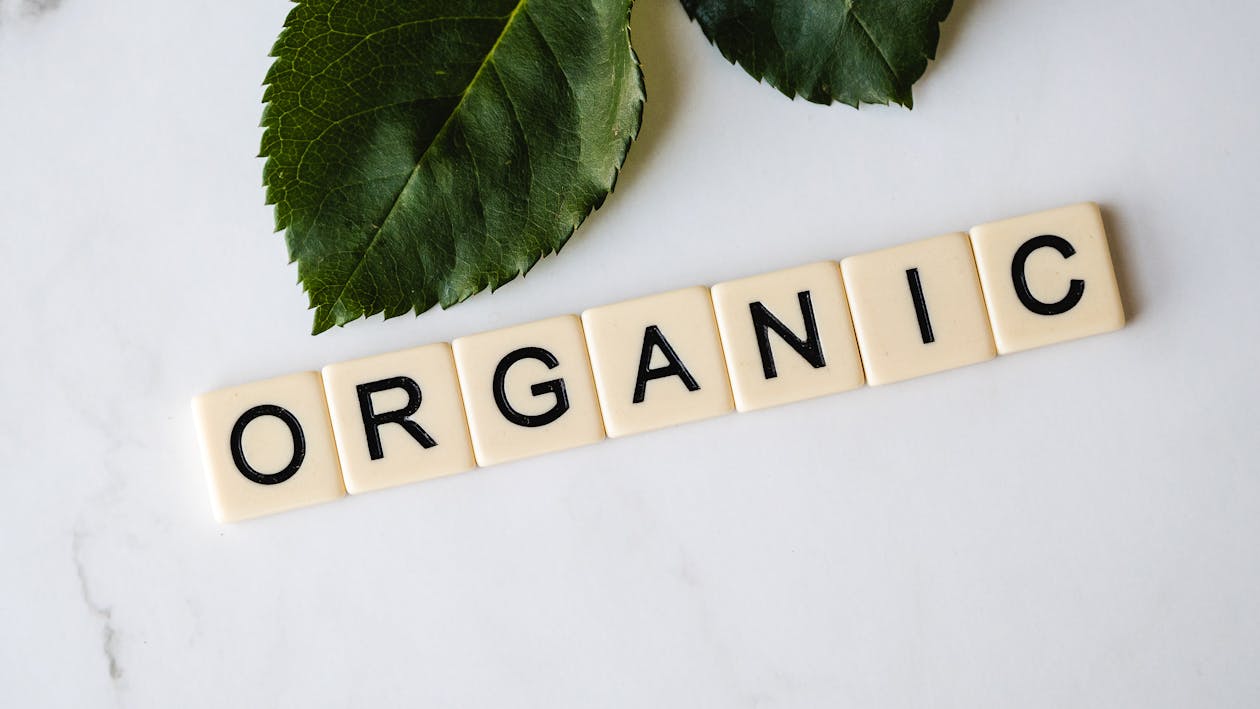Eating Organic on a Budget: Tips for Affordable Natural Living
Eating organic food has become more than just a trend—it's a conscious lifestyle choice aimed at promoting better health and environmental sustainability. However, many people believe that going organic is too expensive. Fortunately, with some smart strategies, it’s possible to eat organically without breaking the bank. In this article, we'll explore practical tips to help you eat organic on a budget, proving that affordable natural living is within reach for everyone.

1. Plan Your Meals and Make a Shopping List
One of the most effective ways to eat organic on a budget is to plan your meals in advance. By knowing what you’ll eat for the week, you can avoid impulse buying and reduce food waste. Make a shopping list of all the organic ingredients you'll need and stick to it. This approach helps you stay focused and purchase only what's necessary, which can significantly cut down on costs.
Tip: Look for seasonal produce when planning your meals. Seasonal organic foods are often cheaper and fresher than out-of-season items.
2. Shop at Local Farmers’ Markets
Local farmers’ markets are treasure troves for organic produce, often at lower prices than traditional grocery stores. By shopping directly from farmers, you not only support local businesses but also avoid the additional costs that come with packaging, transport, and middlemen. Farmers' markets often have a wide selection of organic fruits, vegetables, dairy, and eggs.
Pro Tip: Visit the farmers' market near closing time; sellers might be willing to offer discounts on their remaining stock.
3. Buy in Bulk and Store Properly
Buying organic staples like grains, beans, nuts, and seeds in bulk can save you a significant amount of money in the long run. Many health food stores and some supermarkets offer bulk bins where you can purchase only what you need. This reduces packaging waste and often costs less per unit than buying pre-packaged items.
Make sure to store your bulk purchases properly to extend their shelf life. Airtight containers and a cool, dark pantry are essential to prevent spoilage.
4. Grow Your Own Organic Garden
Growing your own organic vegetables and herbs is one of the most rewarding ways to eat organic on a budget. Even if you don’t have a large garden, many vegetables like tomatoes, lettuce, and herbs can be grown in small spaces, such as balconies or windowsills. Starting a garden requires an initial investment, but the long-term benefits include a continuous supply of fresh, organic produce.
Quick Tip: Use kitchen scraps, such as potato peels or tomato seeds, to start your garden. Composting kitchen waste can also create nutrient-rich soil for your plants.
5. Utilize Store Brands and Coupons
Many supermarkets now offer their own line of organic products, which are often cheaper than branded counterparts. Look for store-brand organic products, which provide the same quality at a lower cost. Additionally, keep an eye out for coupons and sales. Many stores offer digital coupons or have loyalty programs that can help you save money on organic items.
Strategy: Sign up for newsletters from organic brands and local stores to receive notifications about discounts, sales, and coupons.
6. Prioritize Your Organic Purchases
If you can't afford to buy all your groceries organic, prioritize the items that are most important. The Environmental Working Group (EWG) releases an annual list called the "Dirty Dozen" that highlights fruits and vegetables with the highest pesticide residues. Focus on buying these items organic. Conversely, the "Clean Fifteen" list identifies produce with the least pesticide residues, which can be purchased conventionally if needed.
7. Make Homemade Versions of Packaged Organic Foods
Organic packaged foods like snacks, sauces, and condiments often come with a hefty price tag. Instead of buying these items, try making them at home. Homemade granola, salad dressings, and soups not only save money but also allow you to control the ingredients, ensuring they are truly organic.
Recipe Idea: Make your own organic granola with rolled oats, nuts, seeds, honey, and dried fruits. This simple recipe is budget-friendly and can be customized to your taste.
8. Buy Frozen Organic Produce
Frozen organic fruits and vegetables are typically cheaper than their fresh counterparts, and they last longer. They are picked at peak ripeness and quickly frozen, preserving their nutrients. Stock up on frozen organic produce for soups, stews, smoothies, and other dishes where the texture of fresh produce isn’t critical.
9. Avoid Processed Organic Foods
Organic processed foods, like organic chips or cookies, tend to be more expensive and less healthy than whole foods. Focus on buying whole foods such as fruits, vegetables, grains, and legumes. Not only are they cheaper, but they are also more nutritious and versatile in meal preparation.
10. Join a Community-Supported Agriculture (CSA) Program
Joining a Community-Supported Agriculture (CSA) program is a great way to get fresh, organic produce directly from local farmers. CSA members pay a seasonal fee and, in return, receive a weekly or bi-weekly box of fresh produce. This not only supports local farmers but also provides you with a variety of seasonal organic fruits and vegetables at a lower cost.
Note: Some CSA programs even offer discounts for volunteering or low-income households.
Conclusion: Embrace Organic Living Without the High Costs
Eating organic on a budget is entirely possible with a bit of planning and creativity. By prioritizing organic purchases, shopping smart, and making the most of local resources, you can enjoy the benefits of organic food without overspending. Remember, every small step toward natural living counts, and over time, you’ll notice the positive impact on your health and finances.

 Cricket Score Counter
Cricket Score Counter Heads or Tails
Heads or Tails
You have not logged in, please Login to comment.